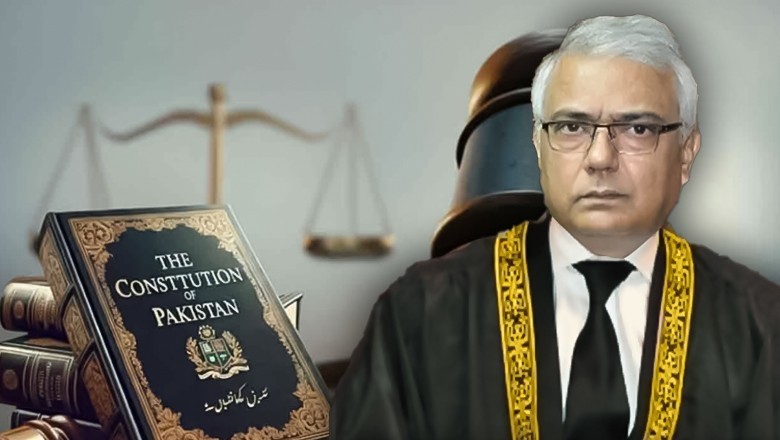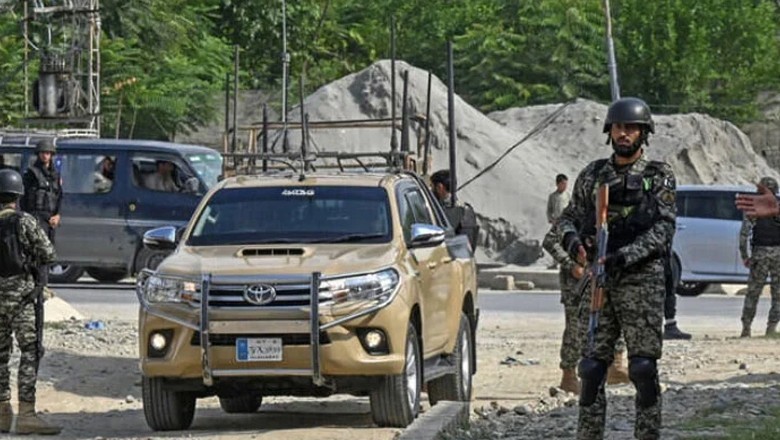Who is Justice Aminuddin Khan, the first chief justice of the Federal Constitutional Court?

Web Desk
|
14 Nov 2025
Justice Aminuddin Khan took oath on Friday as the first Chief Justice of the Federal Constitutional Court (FCC), with President Asif Ali Zardari administering the oath. The FCC was created under the 27th Constitutional Amendment and will handle constitutional matters with authority above the Supreme Court.
Justice Aminuddin was scheduled to retire from the Supreme Court on November 30, but his appointment as Chief Justice of the FCC extends his judicial service.
Born in Multan in 1960, he completed his LLB from University Law College Multan in 1984.
He began his legal career practicing alongside his father, Khan Sadiq Muhammad Ahsan, and later became an advocate of the Lahore High Court in 1987 and the Supreme Court in 2001.
He joined Zafar Law Chambers in Multan in 2001 and worked there until his elevation to the Lahore High Court in 2011. He also served as an examiner and lecturer at University Law College in Multan.
He was appointed a Supreme Court judge in 2019 and was later included in the Practice and Procedure Committee to replace Justice Mohsin Akhtar Kayani.
Prominet cases and decisions
Article 63-A - 2022
In 2022, Justice Aminuddin was part of a five-member Supreme Court bench that reviewed the interpretation of Article 63-A regarding party defection.
The bench ruled that votes cast against party lines in key legislative matters, including elections for the Prime Minister and Chief Minister, confidence or no-confidence votes, constitutional amendments, and money bills, would now be counted.
This ruling impacted the PTI, whose lawmakers were facing pressure from the government.
Reserved seats - 2024
In November 2024, he was appointed head of the Supreme Court’s Constitution Bench. Under his leadership, the bench overturned an earlier Supreme Court ruling that had declared PTI eligible for reserved seats after it upheld the Peshawar High Court’s verdict.
As a result, PTI lost its reserved seats in the national and provincial assemblies, a case that drew significant public attention.
Civilian trials in military courts - 2025
In May, the Supreme Court’s Constitutional Bench, comprising seven judges, allowed civilian trials in military courts with a 5-2 verdict.
The court reversed its October 23, 2023, decision, which had barred civilian trials in military courts and ordered the transfer of cases to civilian courts.
The five judges in the majority included Justice Aminuddin Khan, Justice Muhammad Ali Mazhar, Justice Shahid Bilal Hassan, Justice Musarrat Hilali, and Justice Hasan Azhar Rizvi.
The two dissenting judges were Justice Jamal Khan Mandokhail and Justice Naeem Afghan.
26th Amendment - 2025
Justice Aminuddin also heard pleas against the 26th Amendment, which was widely criticized for making fundamental changes to the judiciary’s functioning.












Comments
0 comment